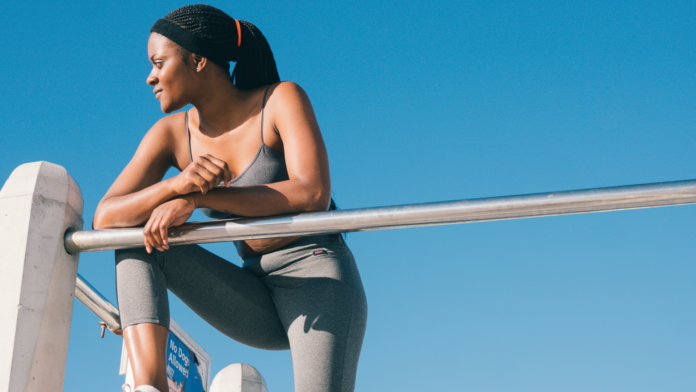Wake up and work out? Or work, then work out? When you choose to exercise could affect learning ability.
Inspired by his own early morning exercise regime, Arth Pahwa, a medical student in the University of Alberta’s Faculty of Medicine & Dentistry, was curious about the impact of exercise on cognitive ability. While the physical, mental and cognitive benefits of exercise are well documented, Pahwa was curious about the potential to further optimize learning using exercise.
Existing research shows that the ability to encode and retrieve new information gets a boost immediately following physical activity. This is thought to be the result of temporary changes in concentrations of neurochemicals. However, there is relatively little information available about exercise impacts learning and memory throughout the day.
Pahwa called on the University of Alberta’s David Collins, a professor of kinesiology, sport, and recreation, and Jeremy Caplan, professor of psychology, to learn more.
The researchers studied memory performance in 106 young adults over the course of a typical eight-hour workday. Participants all completed an early morning memory test before running on a treadmill (exercise group = 52) or completing Sudoku puzzles (control group = 54) for 20 minutes.
The test, a paired-associate learning task, involved lists of 10 unrelated word-pairs. Each participant was given a list, distracted with another task, and then given 10 single words from the paired list and asked to fill in the gaps.
Having gone about their days as usual, participants returned for a different memory test two, five or eight hours later.
Interestingly, test scores were consistent for the control group and those taken two and five hours after exercise. But eight hours after exercising, test scores fell 8.6% below baseline and 9.8% below the Sudoku-solving control group.
On average, this corresponds to the exercise group recalling one fewer word-pair eight hours after the baseline test.
The researchers propose that, after the initial memory boost, a single exercise session has no impact on memory performance at two and five hours. However, working on a learning task eight hours after exercising might not give you the best results.
Despite some limitations, such as unregulated activity of participants between sessions, the findings could have practical implications for those looking to enhance learning performance.
When exercising specifically for learning, the researchers recommend exercising one hour or less before a memory task — rather than leaving learning until late in the day.
“If you’re going to exercise in the morning, you might have a little trouble remembering things you learn later in the day,” says Pahwa.








































